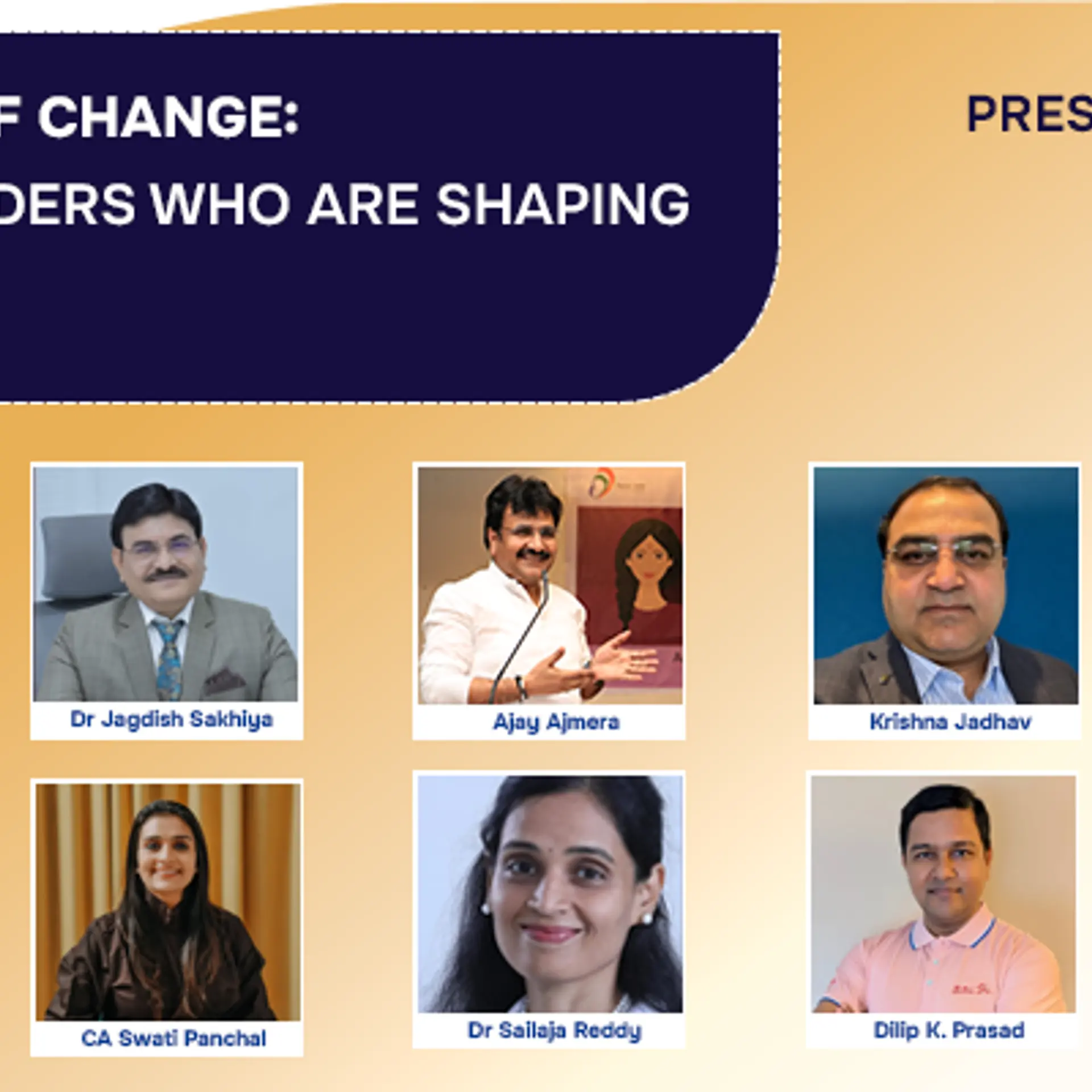Genefied wants to take on the Gulf’s billion-dollar counterfeit market with its QR technology
Having helped over 50 clients in India sniff out fakes in their supply chain, Genefied wants to take its QR technology to the Gulf in a bid to counteract its billion-dollar counterfeit market.
When Ayush Jhawar’s mother was travelling to Dubai, he asked her to bring back with her a perfume. Little did she know she was carrying around a fake perfume of a popular UAE brand as a souvenir.
Jhawar wouldn’t be the only one. Millions of people fall prey to owning counterfeit products. Counterfeits goods sold account for $1.7 trillion to $4.5 trillion, making it the tenth largest economy in the world, right above Canada, according to Forbes.
After setting up his company in 2017 in Delhi with Kapel Malhotra, Jhawar is now taking his business of catching fakes to the Middle East.
“This made me think about how so many tourists and localites in the region are getting duped by duplicate products of popular brands… with further research, I realised there was a huge problem of counterfeiting going on in the region’s consumer goods industry,” Jhawar tells YourStory Gulf Edition in a conversation.
While Jhawar continues to lead the team, Malhotra has taken the position of the company's director.
Among the six products offered by Genefied, two of them, namely GenuineMark and SupplyBeam, are directly involved in the process of catching counterfeits in various points of the supply chain with the help of a unique QR code which is on every product in every batch from when it leaves the manufacturing unit.
These QR codes are not only serialised but also unclonable, according to Jhawar. For instance, if someone attempts to clone the QR code in the supply chain, the brands involved get alerted. It is also encrypted with information like manufacturing details, production line manager details, the digital warranty of the product, the name of the retailer and more.
In the first half of 2022, Jhawar decided to expand to the Gulf to address the counterfeiting issues in the supply chains of the region.
Counterfeits and the Gulf
While Genefied has around 50 clients in India—which includes the likes of Borosil and Bisleri—it is yet to take on any clients in the Gulf. To Jhawar, this is because of a lack of technological adoption in the supply chain. Hence, he takes regular trips between Gulf and India in a bid to educate people about the necessity of this product.
“It is a matter of concern that the region is yet to adopt technology in its supply chains. Many are not even aware of the effects that counterfeited products can have on the consumers and the brands,” says Jhawar.
However, counterfeits are monitored closely in the Middle East and North Africa (MENA) region with Customs Recordal systems—a legal measure that intellectual property owners can employ for enforcement at the borders.
In 2019, the UAE seized counterfeited products about 67 times, where more than 168,000 fake products including handbags, jewellery, glasses, and perfumes were confiscated. A year later, Saudi Arabia Customs destroyed more than two million counterfeit goods of well-known brands. Despite these efforts, it is difficult to estimate the exact cost of counterfeiting in the Gulf due to a lack of data on the subject.
While Genefied is sector-agnostic, its current target industries in the GCC are apparel and perfumes.
Amazon UNIVERSITY Esports launches virtual world to connect students through metaverse
Implementing QR-tech
Jhawar, who had previously founded an IT consulting firm called Web Shuttle, realised that serialised QR codes was one way counterfeiting could be solved.
“In 2010 when I saw the United States Food and Drug Association (USFDA) picking up QR codes to verify FDA-issued products, especially medicines, it rang a bell,” he recalls.
Soon, Jhawar realised that similar technology could be used in determining the existence of counterfeit goods.
“As soon as the QR code gets scanned for the second time, it automatically sends a message in real-time to the person or team scanning the product that this is a counterfeit product and they are given a form to report it immediately. The report reaches the respective brand which helps them to find out the point in the supply chain at which the counterfeiting happened,” explains Jhawar.
Since its inception, Genefied’s tech has detected about 500 retailers in India who were selling counterfeit products. With the help of the Office of Intellectual Property, India, these retailers selling banned products were banned from continuing business.
Genefied has two business models--charging per QR code and a minimum monthly subscription fee, depending on the volume of production. The cost of each QR code can range from 40 paise to Rs 3.
In the Gulf, it plans to use its subscription model. At the moment, Genefied competes with the likes of US-based Trace it, New Zealand-based TagKing and India-based Holostik.
It is looking to establish a base in the UAE and Saudi Arabia before its expansion in other countries of the region like Qatar, Turkey, and Egypt, besides setting up an office in the UAE by next year.
Disclaimer: This story has been updated to correct a factual error regarding Genefield's client base.
Cover image by Winona Laisram.
For any press related queries or to share your press releases, write to us at
gulf@yourstory.com.
Edited by Akanksha Sarma







